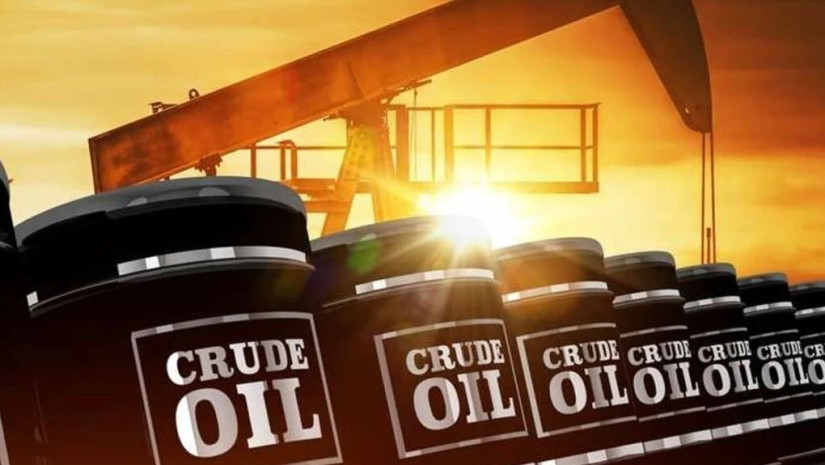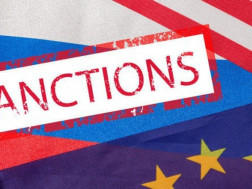Seaborne exports of Russian diesel will resume just weeks after Moscow imposed an outright ban that sent energy prices soaring around the world.
In a statement on Friday, the Russian government confirmed it "has lifted restrictions on exports of diesel fuel delivered to ports by pipeline."
The unprecedented measure was introduced on September 21 in response to shortages on the domestic market that had seen Russians queuing at the gas pumps despite the country's massive refining industry.
“Temporary restrictions will help saturate the fuel market, which will reduce prices for consumers,” the government said at the time. With consumer prices capped by law, enterprising businesses have apparently been sending more fuel abroad where it fetches far higher sums, at the expense of supplies back home.
In a bid to prevent these so-called gray exports, Russia will instead introduce a windfall tax of 50,000 rubles — equivalent to $495 — per ton on sales of petroleum products for resale. “Thus, the government is stopping the attempts of resellers to purchase fuel in advance for subsequent export after the current restrictions are lifted," Moscow's statement said.
While countries including India and Turkey have dramatically increased their imports of Russian crude and their exports of refined fuel to the global market to get around an EU ban on imports of Moscow's fuel, the tightening of supply has seen oil prices approach the $100-a-barrel mark in recent weeks.
Meanwhile, although revenues from Russia's critical oil and gas industry virtually halved earlier this year as a result of Western sanctions and a G7+ fuel price cap, the flow of cash has picked up in recent months, rising by around 15 percent in September alone.
Moscow has been racing to plug the holes in its balance sheet and direct as much funding as possible toward its stalled war in Ukraine. Spending plans show the Kremlin intends to ramp up defense expenditure to a third of the country's total budget for 2024, with state borrowing increasing to pay for weaponry and soldiers' salaries, POLITICO reports.
















